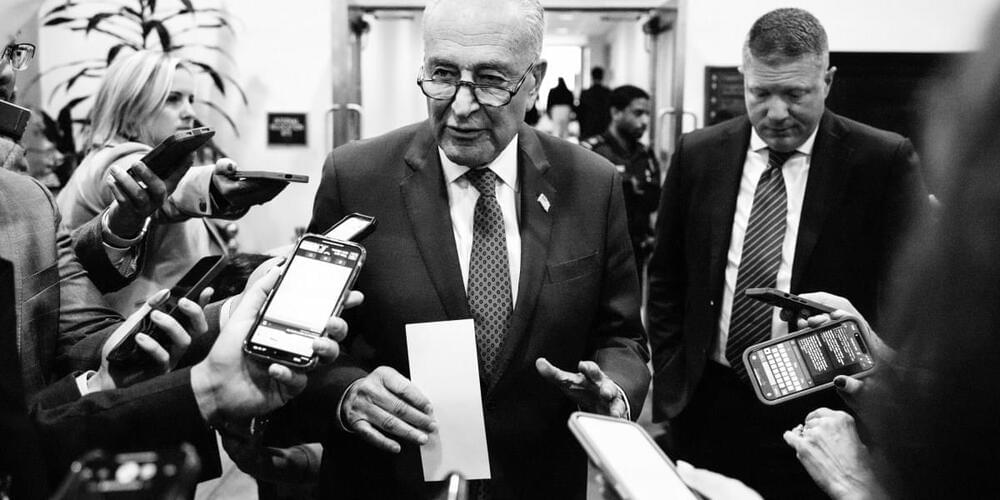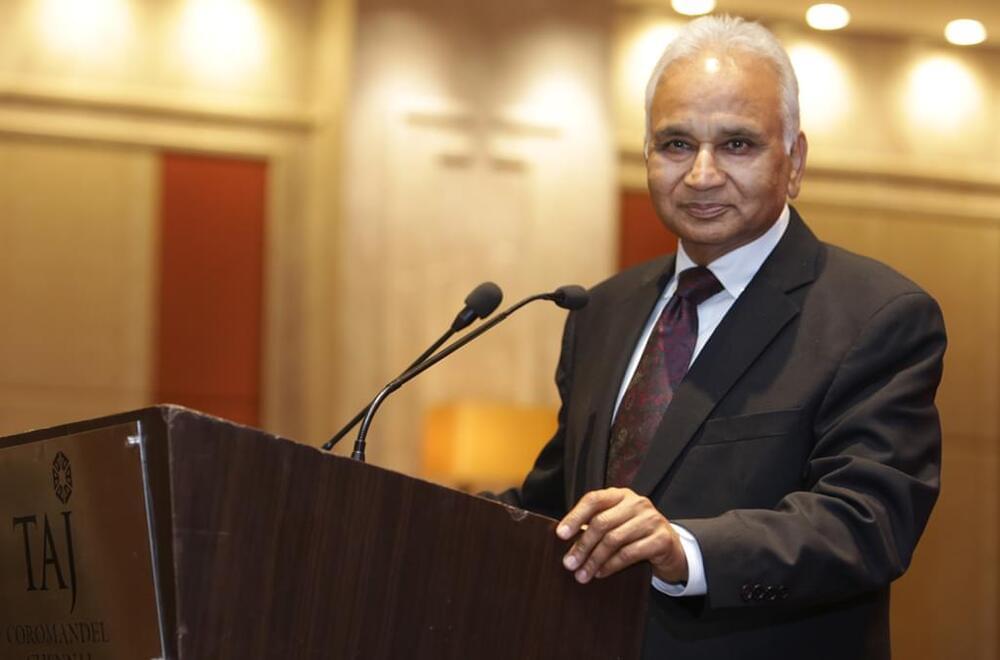We’re going to be hearing a lot about various plans and positions on AI regulation in the coming weeks.
The US Congress is heading back into session, and they are hitting the ground running on AI. We’re going to be hearing a lot about various plans and positions on AI regulation in the coming weeks, kicking off with Senate Majority Leader Chuck Schumer’s first AI Insight Forum on Wednesday. This and planned future forums will bring together some of the top people in AI to discuss the risks and opportunities posed by advances in this technology and how Congress might write legislation to address them.
This newsletter will break down what exactly these forums are and aren’t, and what might come… More.







